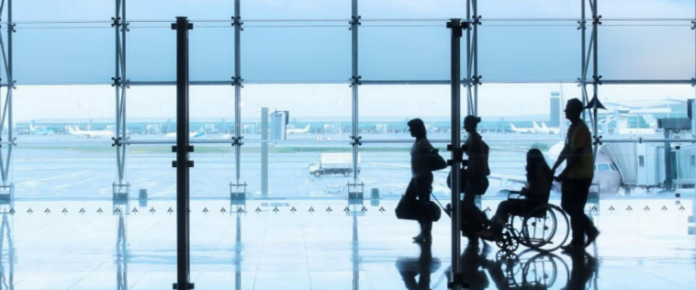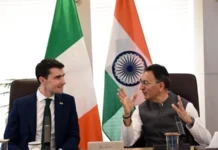
The World Tourism Organization (UNWTO) of the United Nations has called for an end to blanket restrictions on travel, as witnessed in recent days.
This call echoes the concerns raised by UNWTO Members during the 24th UNWTO General Assembly (30 November–3 December). Countries from all global regions expressed their solidarity with Southern African states, calling for the immediate lifting of travel bans imposed on specific countries and for freedom of international travel to be upheld.
Restrictions ineffective and discriminatory
The UN body has said that the imposition of blanket restrictions on travel is discriminatory, ineffective and contrary to WHO recommendations. It also says blanket restrictions may also stigmatise countries or whole regions.
During the UNWTO General Assembly, Members States and partners, including voices from international organizations and across the private sector, echoed WHO’s advice that travel restrictions should only be imposed as a very last resort in response to changing circumstances.
It was also stressed that if restrictions are introduced, they must be proportionate, transparent, and scientifically based. They must also only be introduced with a full appreciation of what halting international travel would mean for the most vulnerable, including those developing countries and individuals who depend on tourism for their economies and livelihoods.
Coordination not discrimination
Since the start of the COVID-19 pandemic, UNWTO has called for coordinated and evidence-based approaches to balancing public health concerns with keeping the lifeline of tourism intact. Over recent months, it says, such an approach has been shown to be the most effective way forward.
UNWTO notes that travel and vaccination levels are closely connected, as the emergence of new variants facilitated by low levels of vaccination has shown.




